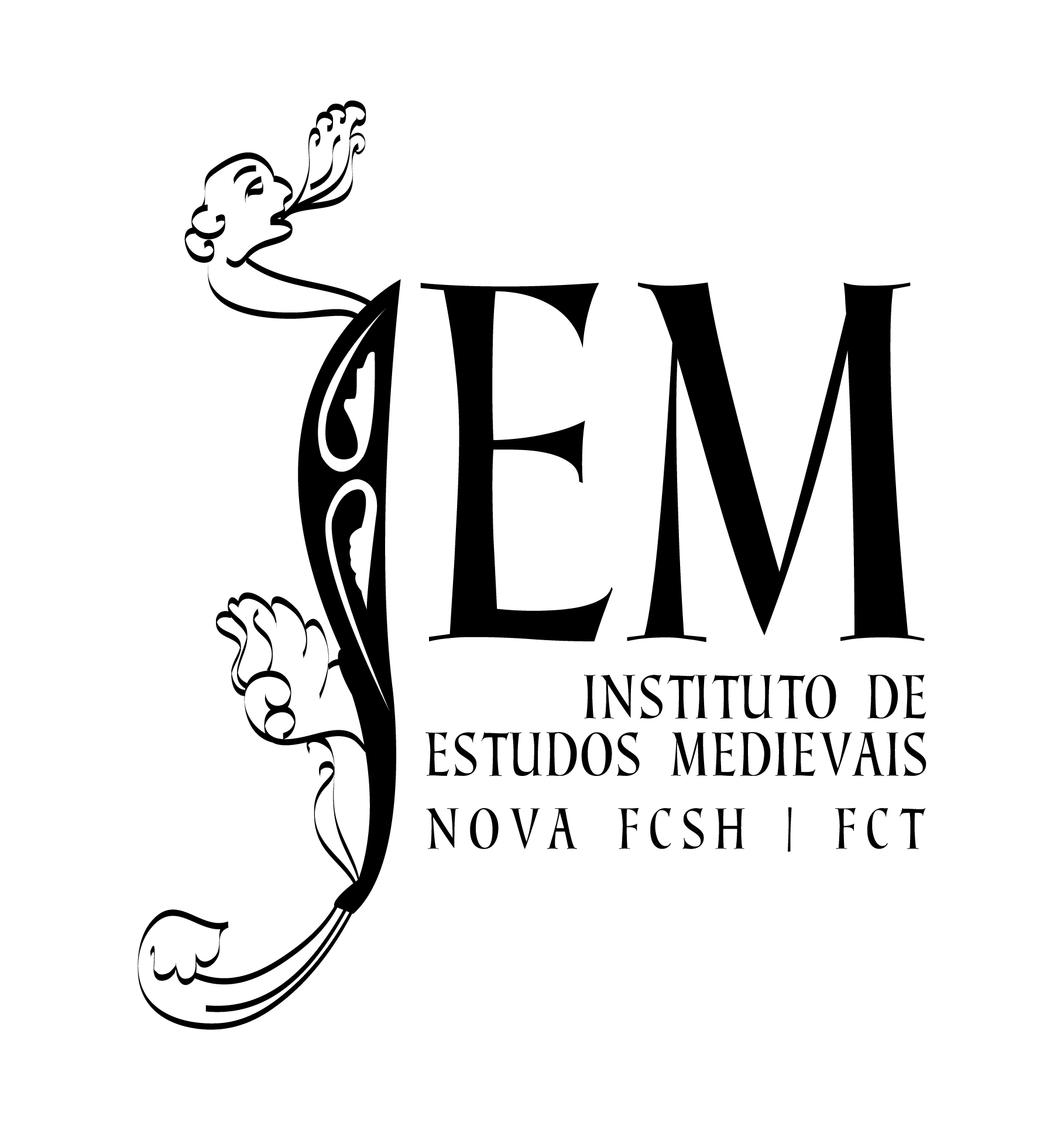Medieval troubadour
Bibliographic notes
Portuguese troubadour, active around the second half of the 13th century. Bastard son of Dom Gomes Viegas, lord of Basto, the Book of Lineages of Count Dom Pedro adds to his name the note “que valeu mais que os outros irmãos (30A3) (he was more worthy than his other brothers), repeating, slightly ahead, that “foi mui bom e honrado” (30AJ4) (he was a very good and honorable man) thus signaling in this way what seems to be his path of social ascension that took place, essentially, in the Castillian court.In fact, having been born around 1220 and 1225, Pero Gomes Barroso would soon depart Portugal, probably in the 40’s and in the context of the civil war that led to the deposition of king. Sancho II, establishing himself in Castile, where he seems to have lived the rest of his days, and where he married Chamoa Fernandes de Azevedo, daughter of another Portuguese exile living in Toledo, Fernão Peres de Azevedo. He took part in the conquest of Seville (1248), being benefited in its repartimento, and also in the Murcia campaign, receiving houses in the city, a donation by Prince Dom Manuel (1266, donation confirmed by Alfonso X in 1272), appearing equally in the repartimento of Orihuela (1268-1272). Proving his crescent political weight in the Castillian court, in 1273, at one of the most critical moments of the Wise King’s reign, Pedro Barroso performs the delicate role of intermediary between the monarch and the rebellious nobles, then allied with the King of Granada. As for his final years, Ron Fernández1 recently located another document, dated 1296, from which we learn that, at that date, King James II of Aragon donates to one of his vassals a farm in Orihuela that he confiscated to Pedro Gomes Barroso, following some kind of rebellion by him. Not being yet possible to clarify the document’s context, this is possibly the last reference to the troubadour, therefore pointing the approximate arc of his biography.
Bibliographic references
1
Ron Fernández, Xavier
(2005),
“Carolina Michaelis e os trobadores representados no Cancioneiro da Ajuda”, in Carolina Michaelis e o Cancioneira da Ajuda hoxe
Santiago de Compostela, Xunta de Galicia
Access the web page


